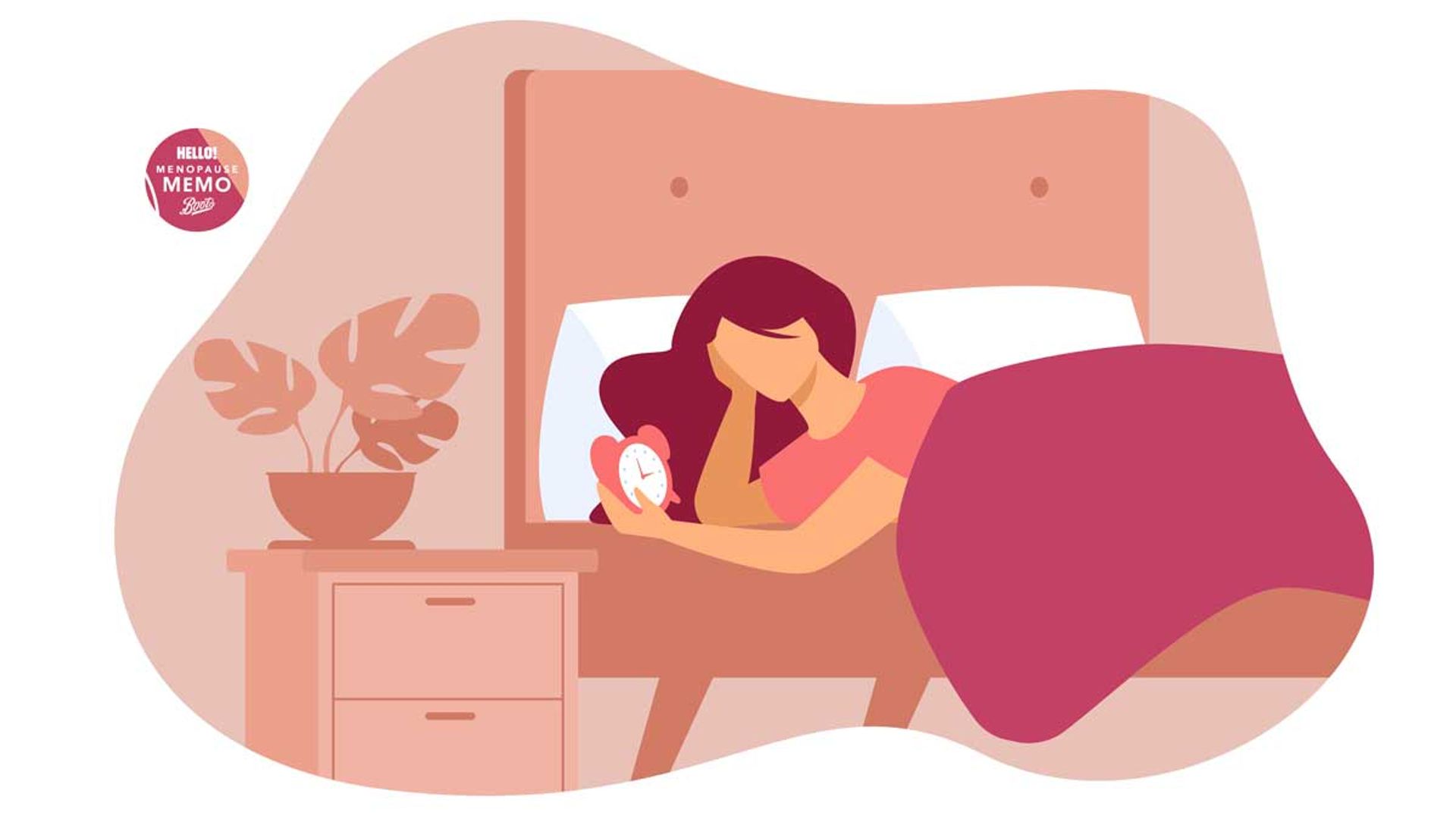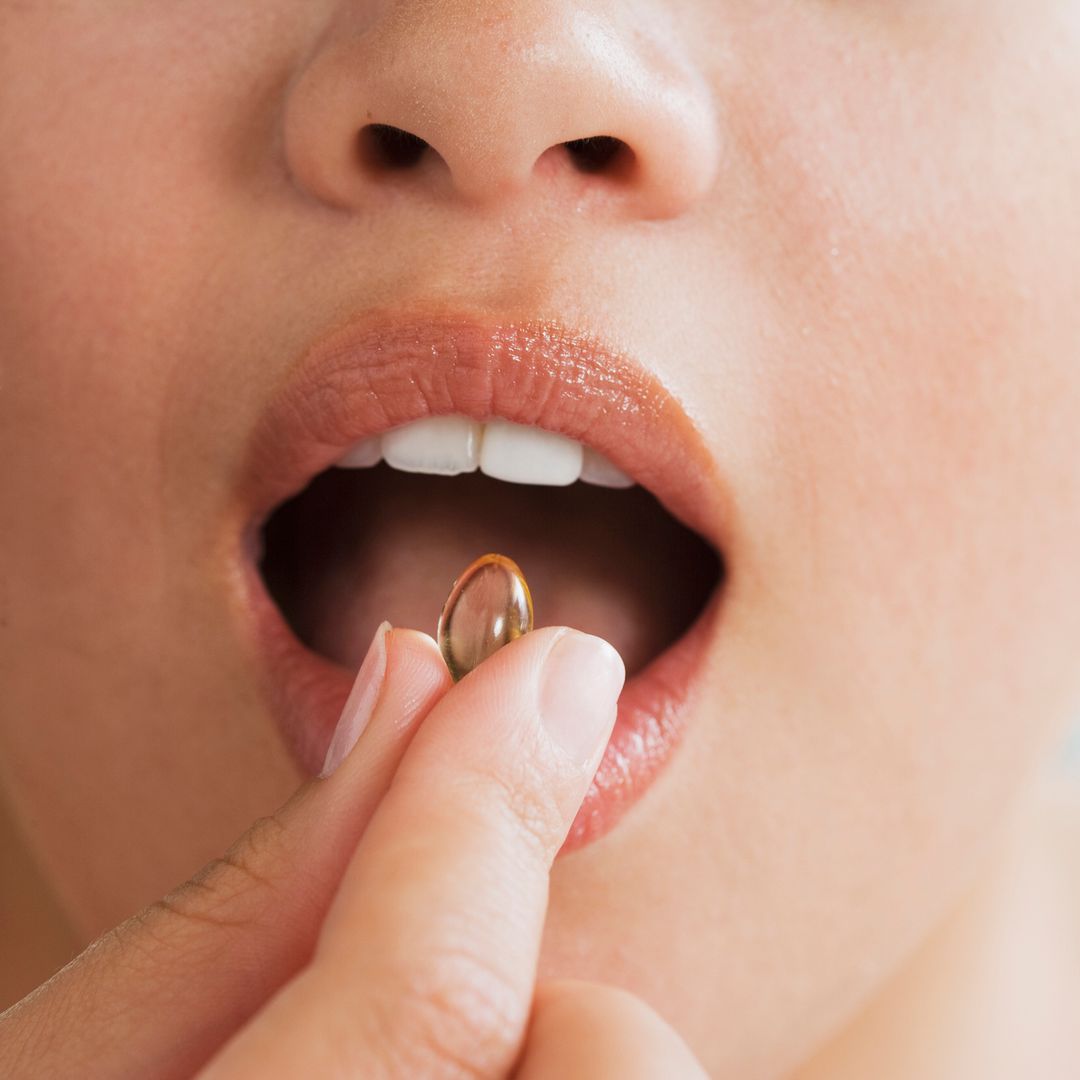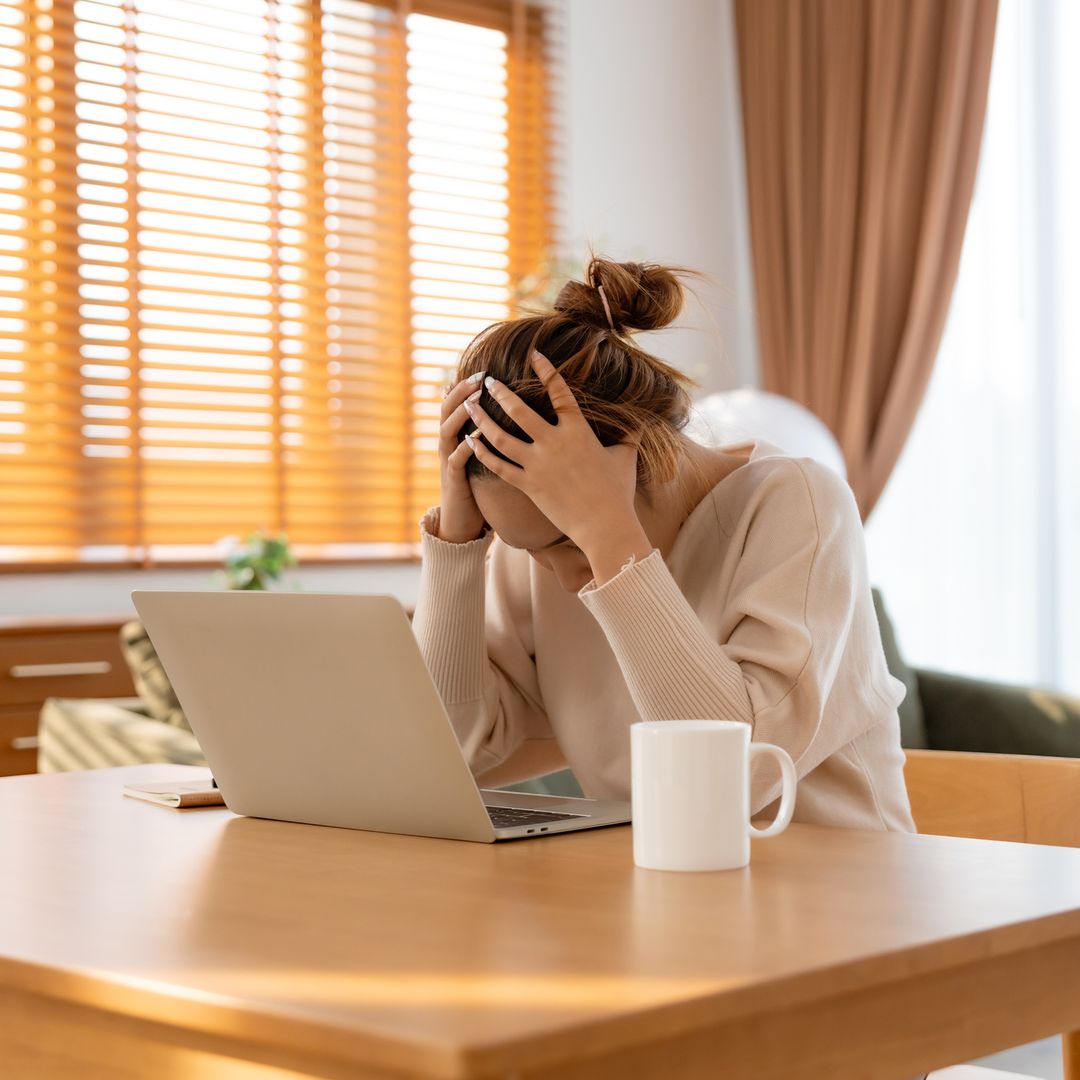Sleep is one of life's greatest joys, which is why it can feel particularly unfair when perimenopause robs you of shut-eye.
READ: Strictly's Shirley Ballas reveals isolating menopause crisis: 'My body didn't function'
Annoyingly, poor sleep is one of the most common perimenopause symptoms. A third of people affected by perimenopause say sleep loss is their most serious symptom and has the biggest life impact, according to a survey by Dunelm
WATCH: Penny Lancaster gets emotional as she opens about menopause
We called on This Morning's resident GP Dr. Zoe Williams, who is working with menopause lifestyle brand Issviva, to find out why perimenopause wreaks havoc on our sleep, and what we can do about it.
EXCLUSIVE: Nadia Sawalha says 'terribly dark' menopause almost ended her marriage
READ: Davina McCall reveals how she got her confidence back after 'crippling' menopause crisis
"I see many people in my clinic at varying stages of their menopause journey, and one of the most consistent complaints is surrounding sleep," Dr. Zoe explains. "Many struggle with falling asleep, but one of the most common complaints voiced by perimenopausal patients is achieving an uninterrupted night's sleep."
"If we're experiencing poor quality sleep, we are likely to experience low mood and anxiety and this can have a negative impact on your body - both mentally and physically."
Why can't I sleep during perimenopause?
When you enter perimenopause, your body experiences a decline in sex hormone production and that can have a direct impact on your sleep. Your body starts to produce less oestrogen, progesterone and testosterone and this often causes changes in body core temperature, an increase in anxiety levels, and vaginal dryness. All of these issues can cause sleep disturbances.
It's also thought that our melatonin levels decrease when we enter perimenopause. Commonly referred to as 'the sleep hormone', our body's natural reserve of melatonin decreases gradually as we approach menopause.
"Our inability to sleep is also likely to be related to temperature changes which are often worse and more troublesome during the night," adds Dr. Nerina Ramlakhan, who works with Kalms.
Will my sleep return to normal after menopause?
Now for some good news - at the end of the menopause journey, most people's hormones level off and their sleep patterns improve. However, this is not the case for everyone and for some people the lack of hormones means sleep disturbance continues.
How to sleep better in menopause
All the advice you normally hear about good sleep applies during perimenopause, but there are a few extra specific tips to try in mid-life.
1. Have a bedtime routine
Whether it's a milky drink, reading a book, or using a pillow spray, doing the same thing each night starts to train the brain that it's time to wind down for sleep.
2. Wee before bed
Ensure you empty your bladder before going to bed to avoid waking up early or in the middle of the night. Try to stop drinking all liquids a couple of hours before bedtime.
3. Avoid spicy snacks
Try and eat a lighter evening meal and avoid eating too late. Spicy or acidic foods may exacerbate hot flushes and feeling too full before bed can make you uncomfortable.
Avoid nicotine, caffeine, and alcohol before bed. Whilst you might think a glass of wine before bed might help you get better sleep, it won't! It negatively impacts the quality of your sleep. Nicotine and caffeine will stimulate you and alcohol dehydrates you.
4. Choose your pyjamas wisely
Minimise the chance of night sweats with lightweight sleepwear to stay cool at night, or try sleeping naked. Many high street retailers, including Primark, are now selling menopause-friendly clothes and nightwear that are great for keeping cool.
Along the same lines, turn off the heating in your bedroom and keep it nice and cool.
5. Treat yourself to a new duvet
There are duvets and bedding out there now, designed specifically to keep you cool and minimise night sweats. Looking for cooling duvets online, or opt for eucalyptus silk bedding, by brands such as Aeyla. Eucalyptus silk is naturally sweat-wicking, so is good for that all-important bedtime temperature drop, which helps us fall and stay asleep. Plus it feels so luxurious you'll look forward to bounding up to bed.
6. Stretch it out
"Yoga is a wonderful way to find some inner tranquillity and helps to reduce overall stress levels," says Dr. Nerina.
"Cortisol, the stress hormone, increases when you’re sleep-deprived and makes it harder to drift off. Yoga is a great way to maintain physical strength and muscle tone, and it incorporates controlled breathing which improves oxygenation and blood circulation throughout the body, reducing the physical effects of stress on the body and mind."
7. Reduce bright light in the evenings
Dr. Nerina advises wearing blue-light-blocking glasses in the afternoon if a lot of your day is spent in front of a screen. "Overexposure to light late at night delays the release of melatonin meaning we feel less tired, which delays sleep onset and disrupts the quality of our sleep," she explains.
"Making a conscious decision to cultivate a healthier relationship with technology can drastically improve sleep quality and depth. This means taking time away from devices during the day, having an electronic sundown an hour before bed and not looking at devices during the night."
Dr. Zoe Williams is working with www.issviva.co.uk, a hub of advice on coping with menopause.
Dr. Nerina Ramlakhan works with Kalms. For sleeplessness, try Kalms Night One-A-Night tablets. They contain valerian root and can promote a nourishing sleep and reduce stress or anxiety before bedtime.
Sign up to HELLO’s Menopause Memo to receive five days of expert-led menopause intel direct to your inbox.
HELLO!'s selection is editorial and independently chosen – we only feature items our editors love and approve of. HELLO! may collect a share of sales or other compensation from the links on this page. To find out more visit our FAQ page.








